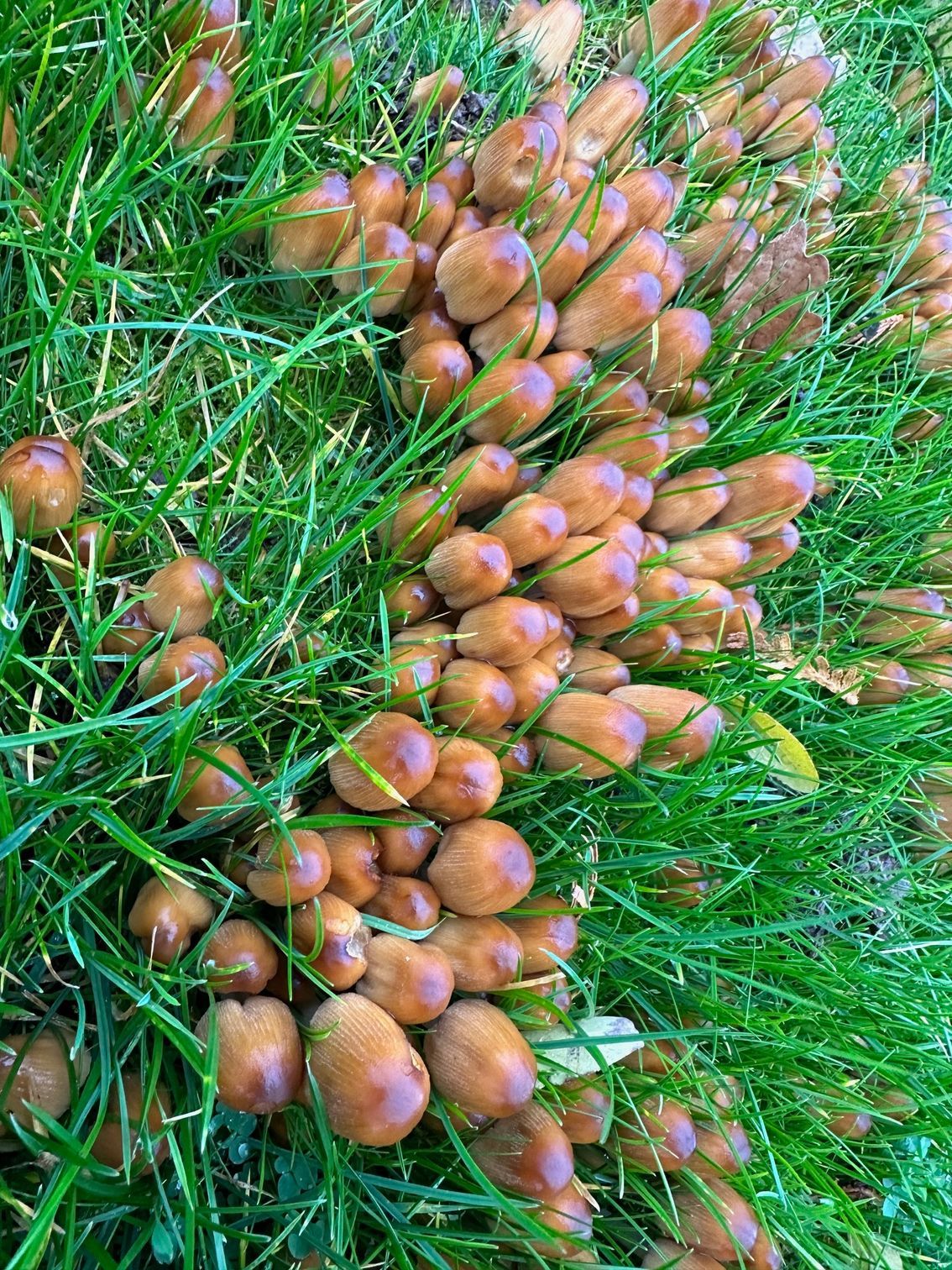Message of Abbot Paul - Saturday 4th November 2023
Abbot Paul • November 3, 2023
One of the great joys of Autumn is to see the vast number and variety of fungi in the grounds at Belmont. They never cease to amaze me. If only wish I knew which were edible and which not. I can remember, as a boy, being taken by my Italian grandmother and my unt into the woods to collect fungi, wild asparagus, thistles, nuts and salad leaves and returning home with reed baskets almost too heavy to carry. What feasts lay in store for us!
Today’s Gospel reading from Luke (Lk 14:1, 7-11) continues yesterday’s account of a meal at the house of a leading Pharisee. It’s the Sabbath and Jesus has been invited. There was no reaction from the Pharisees when Jesus healed a man with the dropsy. They kept silent, but now Jesus has something to say, an observation to make, on what he has seen at table. “He then told the guests a parable, because he had noticed how they picked the places of honour.” As a guest, Jesus would have been invited to address those present, just as he was often invited to speak in the synagogue. This is what he says, “When someone invites you to a wedding feast, do not take your seat in the place of honour. A more distinguished person than you may have been invited, and the person who invited you both may come and say, ‘Give up your place to this man.’ And then, to your embarrassment, you would have to go and take the lowest place.”
Although Luke calls it a parable, it’s really just simple comparison, the only difference being the mention of a wedding feast. Jesus is referring directly to the meal they have all been invited to. It would appear that all he wishes to do is to save people embarrassment caused by their own unthinking behaviour, but he goes further. He continues, “No; when you are a guest, make your way to the lowest place and sit there, so that, when your host comes, he may say, ‘My friend, move up higher.’ In that way, everyone with you at the table will see you honoured.” Jesus’ wish is that people don’t make fools of themselves by assuming that they can sit automatically in the best seats. It’s what these guests have done in the Pharisee’s house and at his table that is the true parable. Jesus ends with one of his famous sayings, the one about humility and exaltation. Surely, it’s up to God to decide where we will sit in the kingdom of heaven and not for us to rush and grab the best places. “For everyone who exalts himself will be humbled, and the man who humbles himself will be exalted.” Lord, teach us to be humble and unpretentious, following your example. Take from us all pride and presumption. Open our hearts to receive the gifts you have prepared for us, which are not ours by right or merit but through your love and generosity. Amen.















